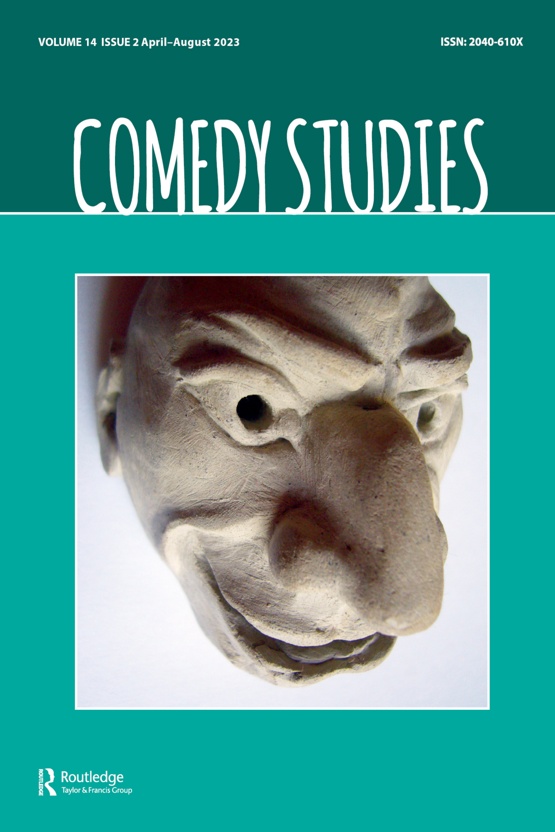Submit a Manuscript to the Journal
Comedy Studies
For a Special Issue on
The State of Political Comedy
Abstract deadline
07 June 2024
Manuscript deadline
15 November 2024

Special Issue Editor(s)
Nicholas Holm,
Massey University
[email protected]
The State of Political Comedy
On February 12, 2024, roughly eight and a half years since his initial retirement, Jon Stewart returned to his role as host of The Daily Show. In its prime, The Daily Show with Jon Stewart had been the most celebrated and influential outlet for political comedy in the world. It had served as a centerpiece for American political conversation during the Bush and Obama administrations, spawned a raft of imitators in America and abroad, and inspired countless debates regarding the relationship between comic entertainment and serious politics.
Although Stewart’s return was hailed in some quarters (and provided an immense ratings boost for the show), many commentators criticized the move as a return to the past. In the years since Stewart’s retirement, times have changed for politics and comedy alike. On the one hand there is the rise of new global populisms, a decline of American influence, and the ongoing consequences of climate change and the pandemic. On the other hand, comedy has becoming increasingly embroiled in cultural conflicts, even as its media form has been disrupted by new communication technologies. Amongst all this change, was the Stewart restoration a return to glorious form or an admission that there were no new ideas? And what might this mean for political comedy more broadly in a new era for both politics and comedy?
Twenty years after the ‘golden years’ of Stewart’s original run on The Daily Show, this special section of Comedy Studies invites contributors to reflect on the current state of political comedy: What role does comedy serve in the political environment of the 2020s? Is there still a belief that comedy can inform meaningful and/or responsible interventions in political conversations? How has political comedy responded to changes in the economic and technological infrastructure of media? Can politics still be funny?
Topics might include (but are not limited to):
- The Legacy of The Daily Show and its contemporaries;
- Comic responses to new political formations, including populism, nationalism and the far right;
- The relation between political comedy, ‘cancel culture,’ and ‘wokeness’;
- The efficacy of political comedy as a form of intervention;
- The international and global status of political comedy;
- Political comedy in online and digital media;
- The future of political comedy.
Looking to Publish your Research?
Find out how to publish your research open access with Taylor & Francis Group.
Choose open accessSubmission Instructions
Please submit proposals (250-300 words) to Nicholas Holm by Friday 7 June 2024. Selected proposals will be invited to prepare original research articles of 6000-8000 words which will be due in November 2024 and will be peer reviewed.
Articles will be published on-line as they are accepted. The special section will be published as a set in an issue when complete. This is expected to take place in 2025.